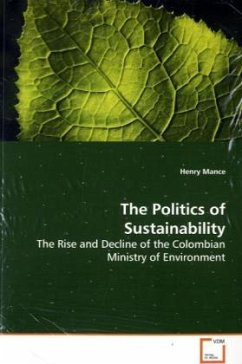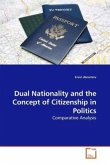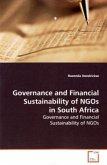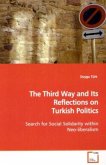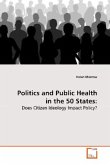How can the state, which has historically been
instrumental in the degradation of the environment,
become more active in its protection? Among the key
actors in any such transformation would be dedicated
ministries of environment. Yet, since these
institutions were first created in the 1970s, we have
barely begun to understand how they are affected by
politics. This analysis of how the Colombian Ministry
of Environment emerged and subsequently evolved shows
the crucial impact of political debates and changes
on environmental management. In particular, the study
shows that Colombian governments in the early
twenty-first century gravely underestimated the
importance of institutional continuity. Looking to
the future, it suggests ways in which environmental
institutions might be designed to weather different
political climates, thereby allowing the greening of
the state to become more than just a blueprint.
instrumental in the degradation of the environment,
become more active in its protection? Among the key
actors in any such transformation would be dedicated
ministries of environment. Yet, since these
institutions were first created in the 1970s, we have
barely begun to understand how they are affected by
politics. This analysis of how the Colombian Ministry
of Environment emerged and subsequently evolved shows
the crucial impact of political debates and changes
on environmental management. In particular, the study
shows that Colombian governments in the early
twenty-first century gravely underestimated the
importance of institutional continuity. Looking to
the future, it suggests ways in which environmental
institutions might be designed to weather different
political climates, thereby allowing the greening of
the state to become more than just a blueprint.

